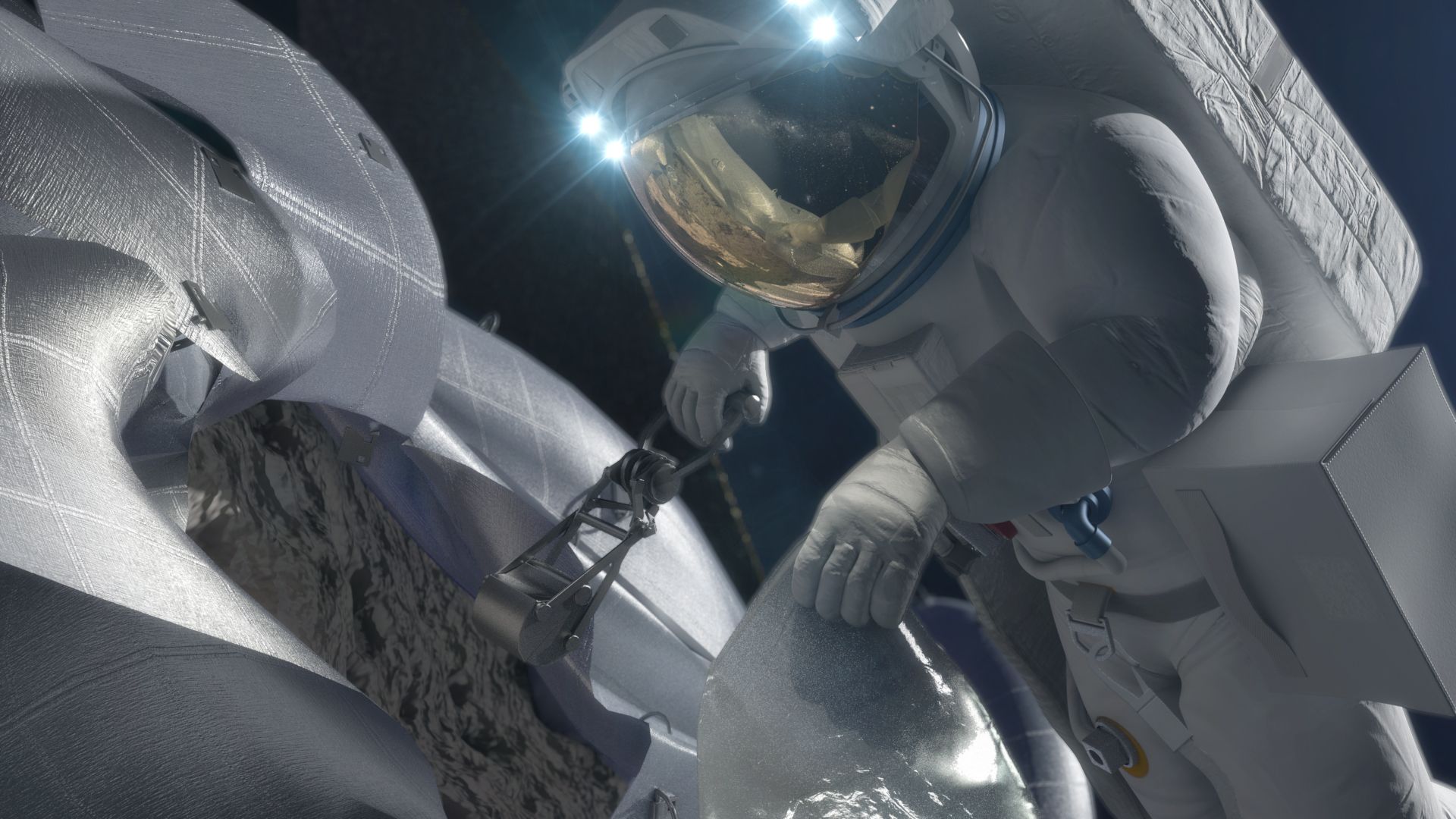
The Chinese government has plans to not only track down and land an asteroid, but also to mine the precious and rare metals and minerals believed to be on the space rock as early as 2020, a top government scientist said this week, according to South China Morning Post.
The report comes after NASA had announced in January two programs to study and explore asteroids.
Chief commander and designer of China's lunar exploration program Ye Pijian told authorities in Beijing that the first capable spacecraft would be launched over the next three years or so, and that one such captured asteroid could even serve as the base of a space station for China.
The Chinese, evidently, intend to carry out the futuristic and intriguing mission by landing a spacecraft on an asteroid and using rocket boosters to slingshot the rock into the Moon's orbit. However, it could take upwards of more than 40 years to actually mine materials from the asteroids.
Ye also said to a Chinese state-run science and technology newspaper that the asteroids located near the Earth have "precious metals," according to the South China Morning Post, and that the mining could offset the expensive cost of space exploration.
China's prospective timeline falls is similar to that of the United States' NASA. It announced earlier this year two new space missions called Lucy and Psyche. The former will study asteroids near Jupiter and the latter a large asteroid made of metal that could very well be the exposed core of a planet. Lucy is aiming to launch in 2021 and Psyche 2023.
Analysts, despite the deep secrecy, have estimated that China's civilian space program has cost about $3 billion annually over the past few years, a figure that barely reaches NASA's $19.3 billion budget in 2016, CNBC reported. China has also planned to vastly expand its space program by the 2030s and President Xi Jinping has tripled space science spending while the private space industry has grown, as well.
The concept of asteroid mining has been recently pushed mostly by the commercial space industry, with the idea that resources tapped from the massive pieces of matter could come back to Earth and serve as a supplement to other dwindling resources.
But cost, and outright plausibility, stand as hindrances to the Chinese and even American private space companies. Many of the latter are using their spacecraft to study the Earth, while Deep Space Industries is developing a prototype it hopes will eventually lead to an asteroid by 2020 as well, WIRED reported in January.
Uncommon Knowledge
Newsweek is committed to challenging conventional wisdom and finding connections in the search for common ground.
Newsweek is committed to challenging conventional wisdom and finding connections in the search for common ground.
About the writer
General assignment reporter/writer covering politics, military, some sports and more. Previously at International Business Times as a breaking news and ... Read more
To read how Newsweek uses AI as a newsroom tool, Click here.








